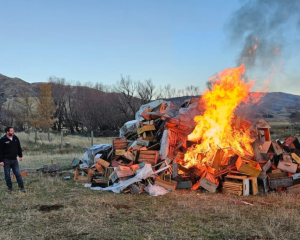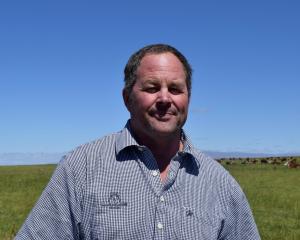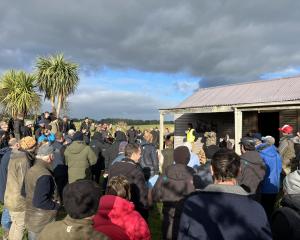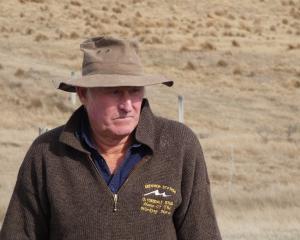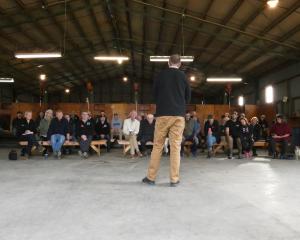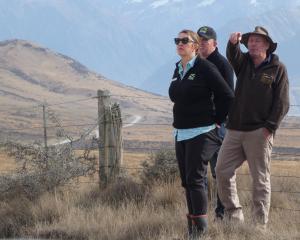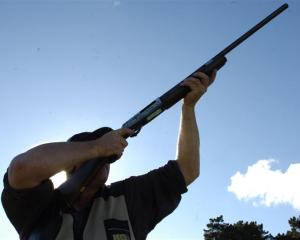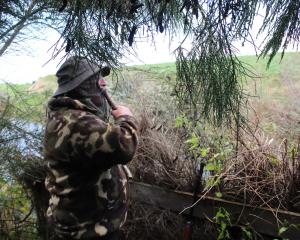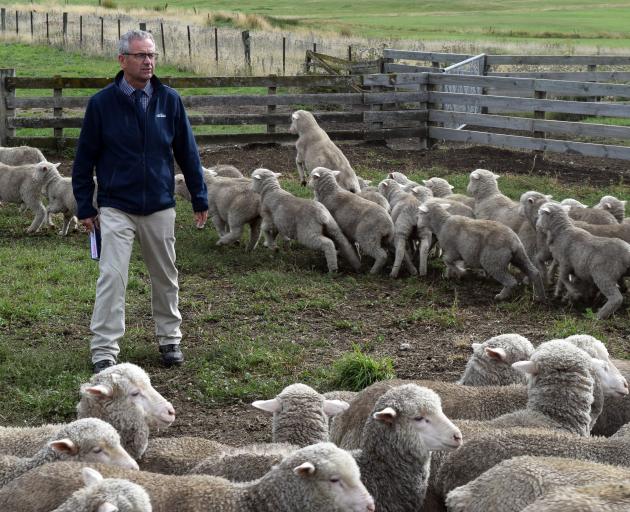
PGG Wrightson Otago livestock manager and auctioneer John Duffy, of Alexandra, said the crowd size at the four consecutive on-farm merino lamb and ewe sales was the largest in many years of the history of the annual sale.
"Everyone that was there was there to buy and some would have missed out, and some would have gone away with not as many as they wanted. There was good competition on all of them."
The dry conditions biting in Central Otago had kept some regular buyers from the region from buying sheep.
Farmers from Canterbury, Middlemarch and Southland were active.
Demand was strong for wether lambs.
Wether lambs were traditionally fattened for sending to the works in spring but farmers were establishing wether flocks to run in the high country.
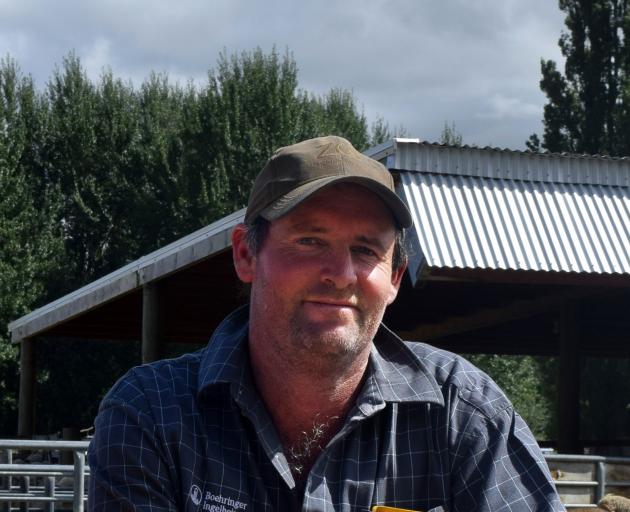
Lower prices for wether lambs than past sales had made it economically feasible to run a wether flock on harsher hill country to harvest their fleece for several years.
At past sales, when prices for sheepmeat were higher, similar wethers were being killed as hoggets in spring.
Bidding was spirited for lines of wether lambs at Olrig Station in Galloway.
"The buyers certainly liked them."
The top cut of more than 580 wether lambs made $95 each.
Mr Duffy believed $95 was the best price for a line of merino wether lambs in Otago this season.
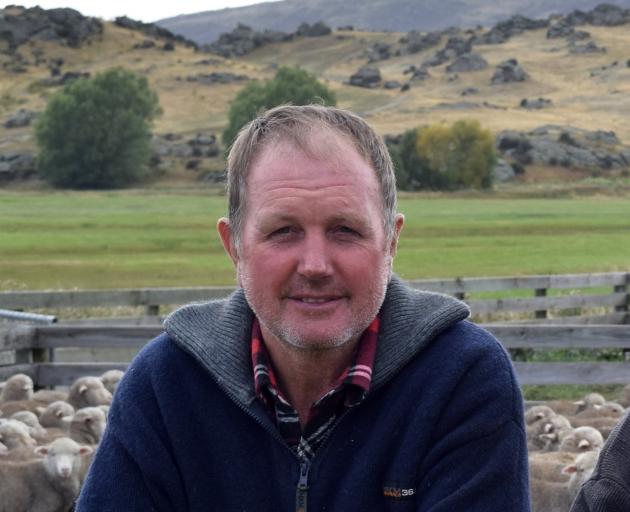
A third line of wether lambs made $73 each.
Merino ewe lambs made $66 each.
At Little Valley Station, about 15km southeast of Alexandra, the top merino wether lambs fetched $81 each and the second cut went for $60 each.
Merino ewe lambs were bought for $66 each for breeding. Old ewes made $69 each.
At neighbouring property Matangi Station, the top halfbred wether lambs fetched $70 each and halfbred ewe lambs made $66.50.
Wether merino lambs fetched $49 each and ewes fetched $54.
At Galloway Station, the top merino wether lambs fetched $77 each and the second cut made $72.
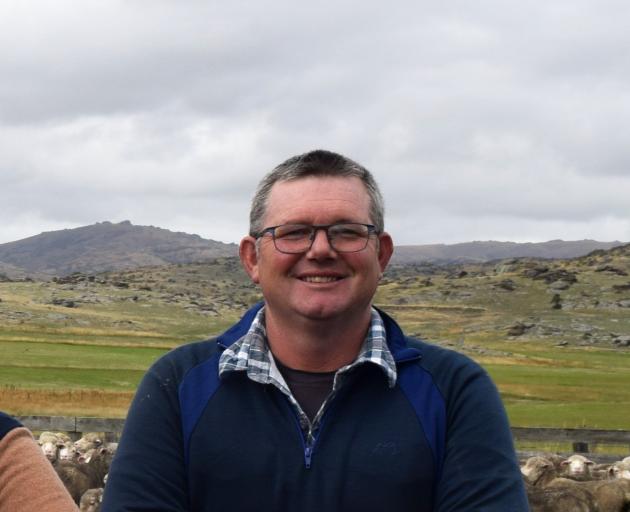
Younger mixed-sex lambs sold for $56 each and the top 6-year-old ewes made $76 each and the second cut $72 each.
Prices for lambs were up at the four sales compared with last year, Mr Duffy said.
Ewe prices were back about $15 on last year due to a fall in the mutton schedule, he said.
Olrig Station owner Elliott Heckler said he was pleased with the sale result, as prices were up on last year.
"By all accounts, my sale went bloody well."
All of his wether lambs were bought by an agent on behalf of a farmer in Rakaia Gorge in Mid Canterbury, who was establishing a wether flock.
Little Valley Station owner Lindon Sanders said he was "pleasantly surprised" by the result as dry conditions were biting in the region and sheep commodity prices had fallen.
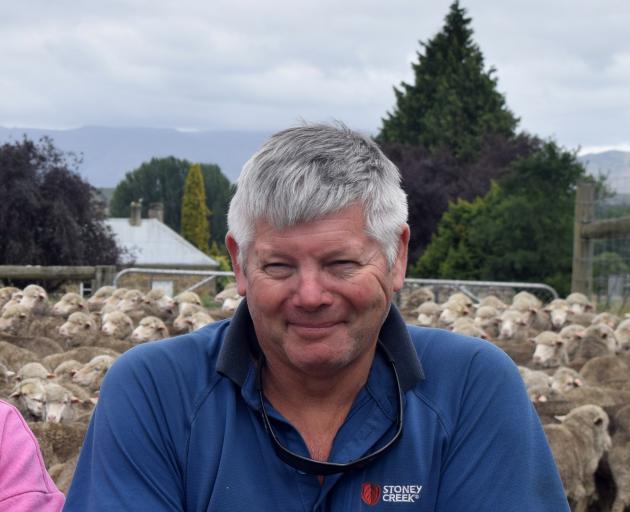
Galloway Station owner Andrew Preston said lamb sale prices were similar to last year and the ewe price was back.
"It is just the way the market is at the moment — until the market improves, things are not going to change."
He was pleased to have a full clearance.
Matangi Station worker Brett Sanders said the lambs were in good condition following a wet spring and a dry summer.
Most of the sheep went to buyers in Middlemarch and Canterbury.
"It is good to see strong support for fine-wool merinos."


